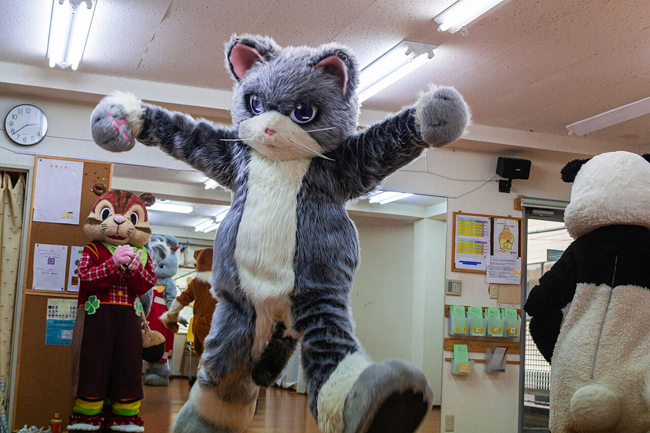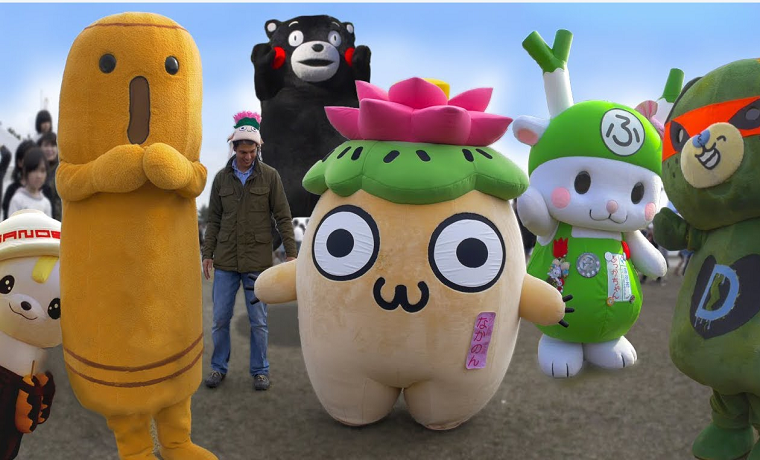Quite a few companies have always relied on the use of mascots to establish their brand. For many, this has worked out well. Some others it has proven useless and they have soon forgotten the mascots and moved to a more traditional looking logo. Or they have kept the mascot but used it as a secondary form of branding, or introduced temporary figures for shorter marketing campaigns.
It is impossible to say whether one method is better than another. The truth is, it depends on the specific brand and should be addressed on a case by case basis. Which is why you see names like Google that use different logos for services, but have a mascot for products like their Android line (we all recognize the Android figure immediately when viewing it, but don’t connect it to Google Search, for example).
There are pros and cons to using a mascot that should be taken into account before deciding for your own company/site.
Pros
- A mascot can work well for making your brand recognizable.
- You can use a personalized figurehead for effective marketing campaigns, such as when Old Spice created their “Man Your Man Could Smell Like” with incredible benefits.
- The Internet has made mascots optimized for generating viral content, thanks to social media.
- Memes offer further visibility that is entirely user generated, like The Most Interesting Man In The World.
- You can create a more concrete representation of your brand using a mascot than a through a logo, which is limited in personality.

Cons
- Some users might start to become jaded after overexposure to your mascot.
- It takes a lot more time and effort to create a personality.
- Often characters have to be switched out or abandoned over time to create new campaigns.
- When your mascot becomes the face of your brand, that mascot is responsible for how your company is perceived. If you use an actor to portray it, there is a chance ethical or legal missteps by that actor can hurt the image of your business.
- People might have an adverse reaction to your mascot. For example, the 2012 London Olympics received a great deal of ridicule for their mascots, which some found creepy. The same thing happened in the 1996 games, with Izzy.
The user reaction is actually hard to predict as mascots may turn off, create a different image (from what you expected) or even ruin the brand. The birth of a mascot should be natural (for example you experiment a bit and then notice that your audience particularly well responds to some image). Private Pinterest boards can also be used to test your future mascot.
Conclusion
Using a mascot should be a personal decision based on your own brand’s needs. But you have to take care that you are developing it properly, and use plenty of marketing research before its final release. A good mascot can take you far, but a bad one can create a public embarrassment or even damage your sales.
What are some of the best and worst mascots? Let us know in the comments!


I see ads on tv for Dodo internet services quite a lot http://www.dodo.com/
They have an ugly, goofy looking bird that I always thought made them look like a dodgy company. I don’t like their ads and I feel less likely to buy their products. Not sure if others feel the same, but they offer cheap services, so if cost is all your interested in then you might still buy